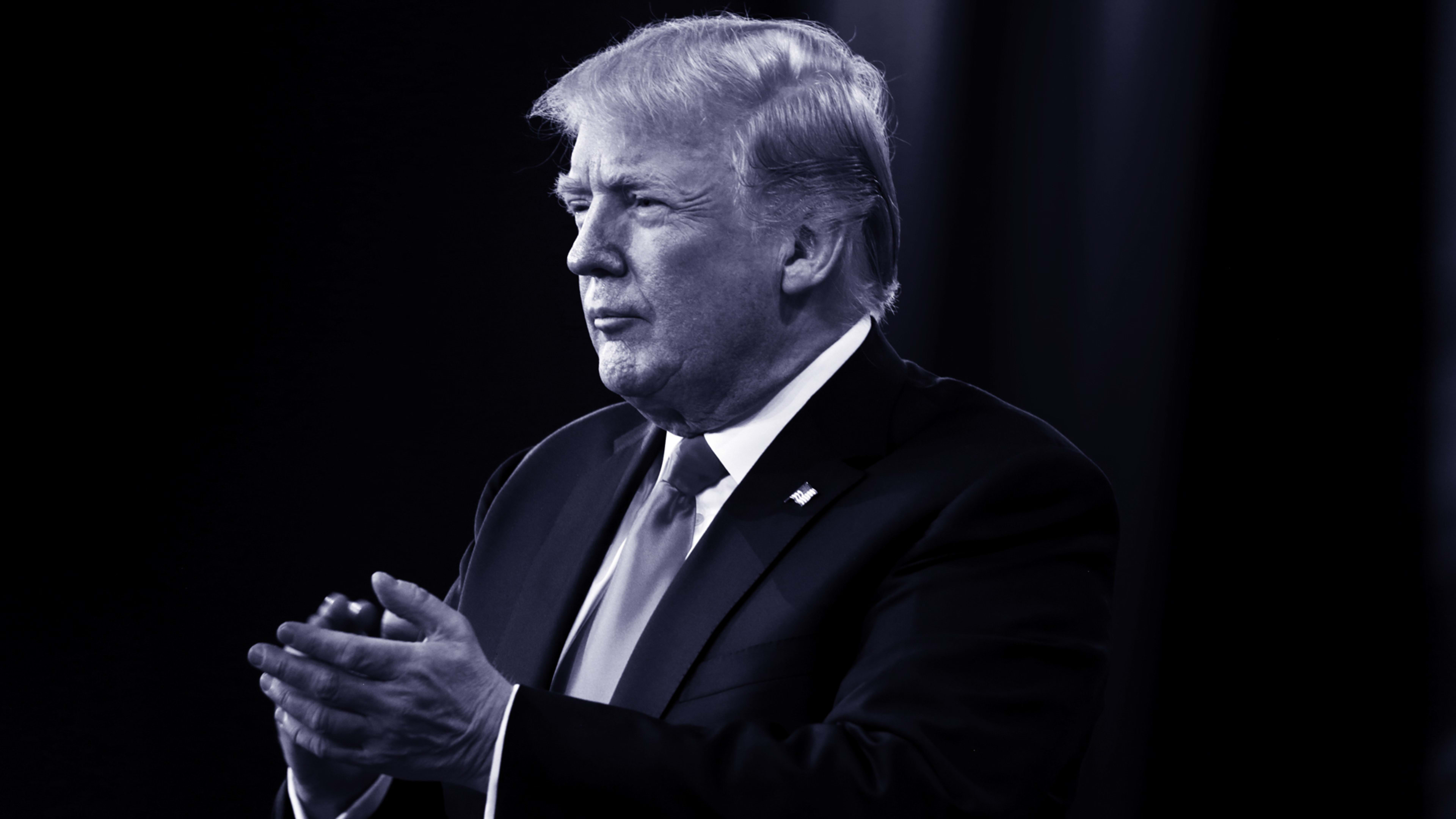If you’re buying Gucci on Amazon, there is a good chance it’s fake—and you probably know it. But if you’re buying batteries or medicine, you may not be aware that you’re buying a counterfeit good, and it can have disastrous results. Unfortunately, it’s much more common than you might expect.
For a 2018 Government Accountability Office report, the agency’s investigators purchased brand-name products from third-party vendors on sites such as Amazon, walmart.com, Sears, newegg.com, and eBay. It found that a whopping 40% of the goods they had purchased were fake.
The Trump administration is taking action to fight the online sale of counterfeit goods. President Donald Trump signed a memorandum aiming to curb the sale of counterfeit items online. In a Wall Street Journal op-ed, trade adviser Peter Navarro wrote that the new measure “instructs the Department of Homeland Security to coordinate with federal law-enforcement agencies working to combat counterfeiting.” The Departments of Homeland Security, Commerce, and Justice will report back to the White House in 210 days with an analysis of the problem and the effectiveness of current responses, as well as their recommendations for potential regulatory or legislative changes to combat the sale of fake goods. The memo does not offer specific details about how the White House will address the issue, and customs and border patrol agents have spent years fighting the importation of counterfeit goods. Instead, according to Navarro, this memo serves as warning to e-commerce companies to try a little harder to crack down on third-party sellers offering counterfeit goods on their sites.
Of course, because this is the Trump Administration, some people are skeptical of the reasons behind the new crackdown. According to CNBC, in a phone call with reporters, Navarro had to devote time to denying that the memorandum had anything to do with Trump’s disdain for Amazon CEO Jeff Bezos or his ongoing trade dispute with China, where Alibaba, one of the world’s biggest third-party sellers, is based. While there may be underlying reasons for the law, getting counterfeit pharmaceuticals off of Amazon seems like a reasonable goal.
Update: Amazon reached out with a statement about the memo:
Amazon strictly prohibits the sale of counterfeit products and we welcome additional coordinated support from law enforcement so we can hold bad actors accountable. Amazon invests heavily in proactive measures to prevent counterfeit goods from ever reaching our stores. In 2018 alone, we spent over $400M fighting counterfeits, fraud, and other forms of abuse. We have built industry-leading tools like Brand Registry, Transparency, and our newly-launched Project Zero to protect our customers and help rights owners drive counterfeits to zero. With these and other tools, we ensure that over 99% of the products that customers view on Amazon never receive a complaint about counterfeits.
Bad actors that attempt to abuse our store do not reflect the flourishing community of honest entrepreneurs that make up the vast majority of our seller community. We estimate these businesses have created more than 900,000 jobs worldwide and they provide our customers with vast, authentic selection.
Update to the update: Alibaba also reached out with a statement:
We welcome this new initiative and the attention it brings to the global fight against counterfeiting. Alibaba has developed best-in-class systems to protect IP and battle the scourge of counterfeiting. This work takes place through substantial collaboration with brands, law enforcement, trade associations and consumers, both on our platforms and offline at the criminal sources of production and distribution. We look forward to further advancing the working relationship and cooperation that we have with the U.S. federal agencies mentioned in today’s order, as well as with our global commerce peers.
Recognize your brand’s excellence by applying to this year’s Brands That Matter Awards before the early-rate deadline, May 3.
